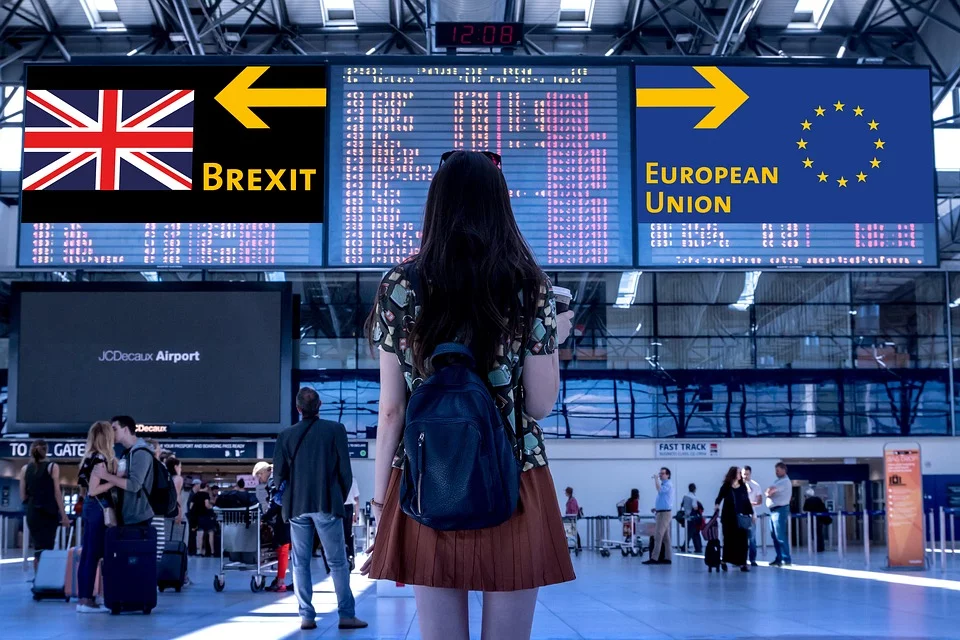Full customs controls started on 1 January 2022 – are you compliant?
Changes to customs controls came into force from 1 January 2022. HMRC has now written to traders highlighting how that might affect the way goods are imported and exported between Great Britain and the EU.
From 1st January 2022 a number of things are changing and these are the top 5 changes you need to be aware of:
-
Postponed VAT Accounting for VAT
If you are importing goods, then you are probably using the Postponed VAT Accounting (PVA). You can continue to use this unless HMRC tells you otherwise. PVA brings you cash flow advantages.
Using PVA means that you’ll declare your import VAT on your VAT Return rather than having to pay for it in advance and then reclaiming it back.
How to complete your VAT Return
You must account for postponed import VAT on your return, for the accounting period which covers the date you imported the goods.
The normal rules apply for what VAT can be reclaimed as input tax and your monthly statement will contain the information to support your claim.
Box 1
Include the VAT due in this period on imports accounted for through postponed VAT accounting. You’ll be able to get this information from your online monthly statement.
Box 4
Include the VAT reclaimed in this period on imports accounted for through postponed VAT accounting.
Box 7
Include the total value of all imports of goods in this period, not including any VAT.
-
Temporary arrangements for movements from Ireland
The current customs arrangements for goods moving from Ireland and Northern Ireland to Great Britain will be extended as long as current discussions with the EU continues.
This means the full customs controls do not apply.
-
Customs declarations
For imports from EU countries (apart from Ireland), you will no longer be able to delay making import customs declarations under the Staged Customs Controls rules. Instead, you will have to make declarations and pay relevant tariffs at point of import.
You need to have thought about how you are going to submit your customs declarations and pay the duties. It may be easier to appoint an intermediary such as a customs agent.
Most freight providers can also act as a customs agent but do check with yours.
Some businesses are already using “simplified declarations” authorisations from HMRC and using the duty deferment account.
If you are not using this then it takes about 60 days for an application. Find out more about using-simplified declarations for imports
-
Border Controls
Our ports and other border locations will be required to control goods moving between Great Britain and the EU. From this month the goods may be directed to a border facility for documentary or physical checks.
You must also submit an “arrived” export declaration if your goods are moving through one of the border locations that uses the arrived export process.
Your freight company should have this covered but it may be worthwhile just to check.
-
Rules of origins – imports and exports
The UK’s deal with the EU means that the goods you import, or export may benefit from a reduced rate of Customs Duty. To use this, you will need proof that goods you:
- Import from EU originate there
- Export to the EU originate in the UK
- Originate means where the goods have been produced/manufactured
Therefore, if you export to the EU, supply the buyer with a statement of origin together with the supply declaration. Previously you have been allowed to get the supplier declarations afterwards.
Find out more about using a suppliers declaration to support a proof of origin
We are here to help. If you need to discuss any aspects of the content here further, please call your normal director or manager.

